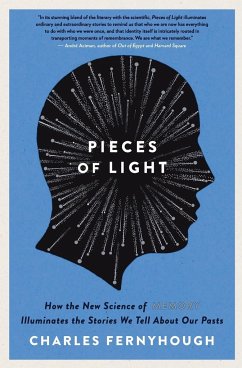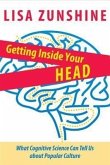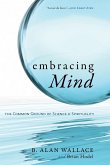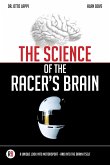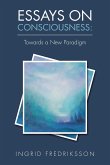Short-listed for the Royal Society Winton Prize for Science Books, the Best Book of Ideas Prize, and the Society of Biology Book Awards • Book of the Year: Sunday Times, Sunday Express, and New Scientist A new consensus is emerging among cognitive scientists: rather than possessing fixed, unchanging memories, we create new recollections each time we are called upon to remember. As psychologist Charles Fernyhough explains, remembering is an act of narrative imagination as much as it is the product of a neurological process. In Pieces of Light, he illuminates this compelling scientific breakthrough in a series of personal stories, each illustrating memory's complex synergy of cognitive and neurological functions. Combining science and literature, the ordinary and the extraordinary, this fascinating tour through the new science of autobiographical memory helps us better understand the ways we remember?and the ways we forget.
Hinweis: Dieser Artikel kann nur an eine deutsche Lieferadresse ausgeliefert werden.
Hinweis: Dieser Artikel kann nur an eine deutsche Lieferadresse ausgeliefert werden.

